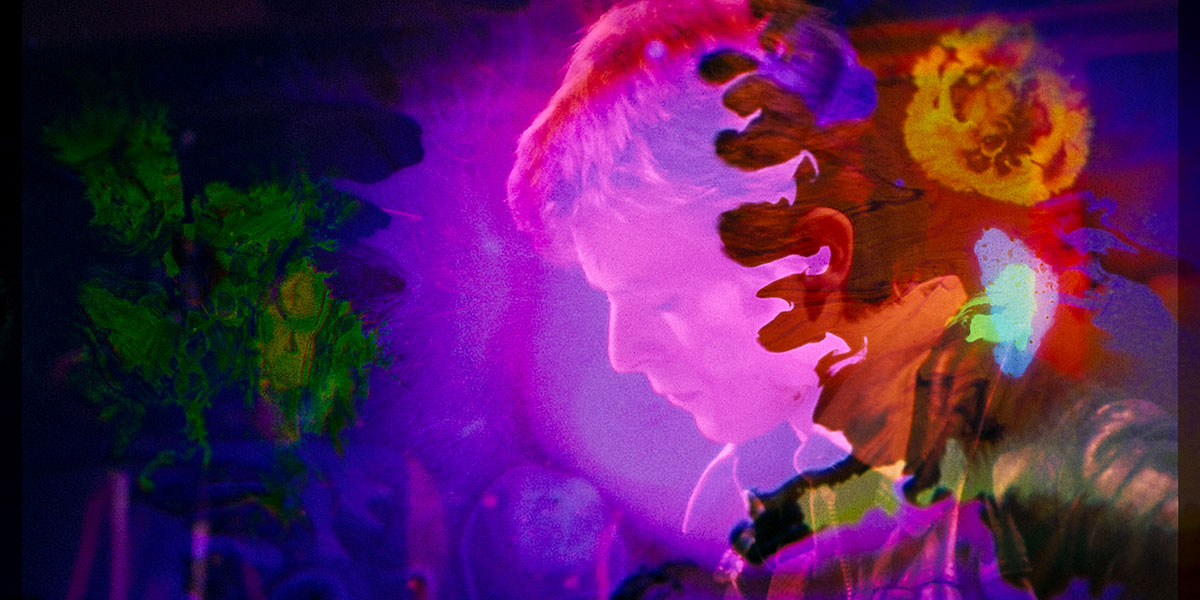David Bowie was an anomaly of an artist whose style and identity couldn’t be pinpointed and defined by anyone but him. To approach a larger-than-life figure such as Bowie, attempting to encapsulate his expansive career via a documentary form is a boss-level challenge. I mean, if you’re going to be the first documentary to be authorized by David Bowie’s estate, the spectre of Bowie’s ghost is going to haunt you. Thankfully, visionary documentary filmmaker Brett Morgan of Kurt Cobain: Montage of Heck and Jane fame gracefully took the unconventional nature of David Bowie himself and crafted Moonage Daydream to match that unconventionality.
Moonage Daydream is a portrait of David Bowie, told through never-before-seen concert footage, video interviews, audio interviews and more. Bowie was one of the most prolific figures in modern musical history, whose music can best be described as celestial, and Morgan takes viewers on a cosmically aligned Kubrick-like odyssey through Bowie’s career in an abstract fashion. Right as it starts, the film draws you in with extraterrestrial visuals, whether wormholes or ink blots with neon colors best associated with Bowie’s colourful style. His reflective narration on his definition of life and art guides you on a journey between space and time throughout his massive career as if he’s holding your hand and you’re gripping tight.
Since 2017, Morgan has poured his soul into, and nearly croaked, crafting Moonage Daydream, and the monumental effort is felt from beginning to end. The picture and audio restoration are out-of-this-world perfections. From unseen video interviews to the concert footage to even photographs, everything presented is crisp and clear to the max, and I am curious as to what methods Morgan used to make all this footage as dazzlingly picture-perfect as it is. Following the footsteps of Summer of Soul and Apollo 11, the restored footage is accompanied by transcendent sound quality to immerse you even further in the various eras you’re transported to.
The non-linear structure allows the viewer, a Bowie fan or novice, to become intimate with his life’s work and navigation of the world. Some of the best aspects are when it juxtaposes Bowie’s early renditions of his iconic songs with his later iterations, showcasing his growing maturity throughout his life.
Even the most novice Bowie fans can stitch together the pieces of the puzzle of Bowie’s legacy the more the film hops around timelines. It was eye-opening to witness that iconic moment: Bowie’s transformation into Ziggy Stardust, arguably his most famous alter ego. Through any other filmmaker’s lens, they would copy and paste Bowie’s career chronologically, but Moonage Daydream’s non-linear format is an amazing editing choice where there’s no straightforward approach to Bowie’s artistry, and it works best for someone like him.
Morgan’s meretricious decision-making as to what eras should be used to paint Bowie’s larger-than-life portrait, intercutting which songs to string together his story, and when expressive 2D animations should be placed, encapsulates the film’s pitch-perfect pacing. At a certain point after an amazing remix of “Space Oddity,” I was swept away by the visuals, and let the film take me on its extraterrestrial ride. Even for its two-hour runtime, I felt as if I could’ve lived in that theatre with the breezy Bowie buffet of greatest hits forever.
That said, for its lengthy runtime, discussion regarding Bowie’s sexuality doesn’t get as much time in the sun as it should have. His queerness, as far as the film’s context goes, is rooted in his personas. Each iteration of his various glam-rock-era characters allows Bowie to feel freedom in his androgynous presentation and identity. Any controversies regarding Bowie’s personal life are whittled away for the sake of exploring his music and some concert footage, likely a result of the aforementioned estate approval.
To call Moonage Daydream a music documentary is a disservice to the film. It’s a once-in-a-lifetime cinematic musical odyssey, unlike anything I’ve seen before. Morgan upped the entire sub-genre’s ante by creating a portrait that for once, understands the nature of its subject, and his navigation through life. It’s part concert experience, part human analysis and part life tribute to an iconic figure whose legacy is as timely as this movie. Without a doubt, see Moonage Daydream in a theatre in the best premium format imaginable for an intergalactic experience that you never want to call ground control on.


 Why you can trust Xtra
Why you can trust Xtra


